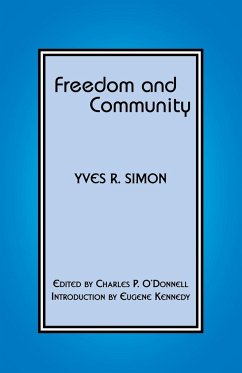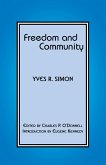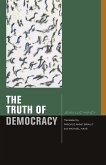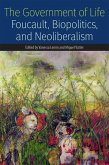The theory of liberty here propounded by Simon, along with his analysis of authority, democracy, and practical wisdom, contains the elements of a political philosophy that can provide direction to other contemporary political theorists of our times. While the latter have gathered great masses of political facts, they have lacked a normative set of ideas that can make these facts meaningful and useful to political society. Simon's position as a philosopher rather than as a political scientist, is that while there is a science of social and political facts, a normative moral philosophy that knows the ends of human action is necessary because people make good or bad use of their freedom. As always, Simon here writes with a lucidity and moderation that will be satisfying to reasonable people looking for a way out of skepticism and uncertainty. He was no dogmatist, but he knew what he knew and what he did not know. This is the beginning of wisdom and a model for philosophers.
Hinweis: Dieser Artikel kann nur an eine deutsche Lieferadresse ausgeliefert werden.
Hinweis: Dieser Artikel kann nur an eine deutsche Lieferadresse ausgeliefert werden.








